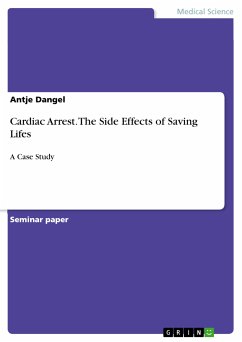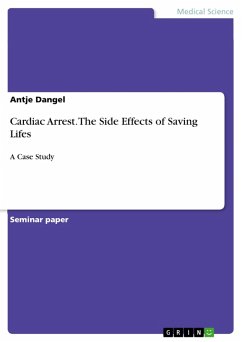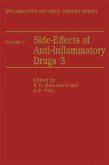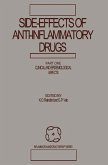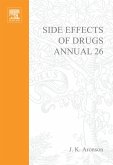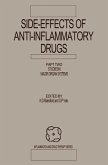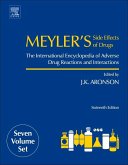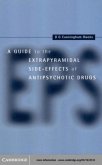Seminar paper from the year 2014 in the subject Medicine - Pharmacology, Pharmacy, grade: 100%, University of South Florida, course: NUR 4128, language: English, abstract: Currently, heart disease remains the leading cause of death while cardiac arrest is one of the most devastating conditions patients and their families have to face. Despite all efforts to explain management of cardiac arrest and implementation of advanced cardiovascular life support (ACLS), survival rates post cardiac arrest remains at 23.9 % in adults and 40.2% in children (AHA, 2012). Nurses undergo extensive ACLS training every two years. While algorithms, administration of emergency drugs, and procedures seem to be followed appropriately, rationales of the latter are often not well understood. In this paper pharmacokinetics and pharmacodynamics, adverse effects of ACLS drugs, drug-drug interactions of intervention drugs, and anticipated long-term adverse effects post cardiac arrest will be discussed. In the case study of JG, the patient went into cardiac arrest on the way to the hospital and he was pronounced after a full code had been performed for three hours. The cause of his cardiac arrest in regards to heart rhythm is unclear and no medical history is available.
Bitte wählen Sie Ihr Anliegen aus.
Rechnungen
Retourenschein anfordern
Bestellstatus
Storno

